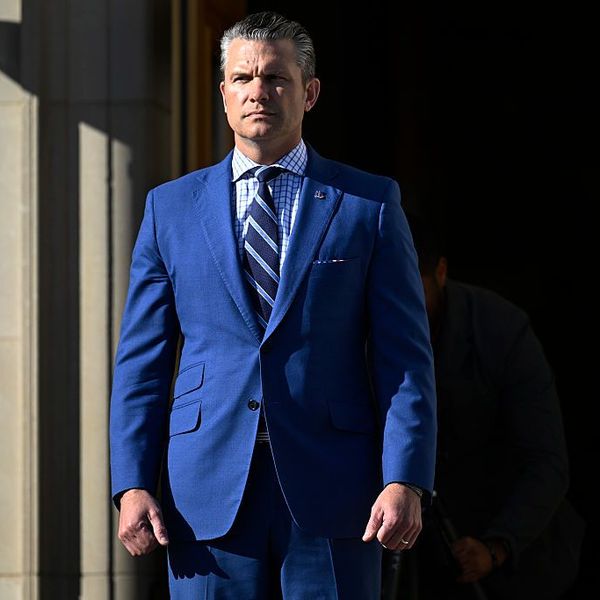GAZA CITY - Human remains mix with debris following the latest Israeli assault Friday on Bureij Camp in Gaza Strip. Early reports listed nine dead and more than 50 injured.A targeted leader was killed, but many others were killed too.
"It's very hard for us to rescue, or even locate bodies beneath the building," said a medical relief worker from the local Bureij hospital.
Israel has not confirmed responsibility for the missile attack by F-16 aircraft.
"This is a barbaric crime," said Dr. Hassan Khalaf, head of the local al-Shifa hospital. "They bombed residential areas where people were sleeping in their houses."
The attack apparently targeted the house of a top leader of the al-Quds Brigades, the military wing of the Islamic Jihad party. The leader, Ayman al-Fayed, 42, was reported killed, along with two of his children and his wife. Other victims were from the Bureij camp.
Palestinian sources said seven houses were destroyed, and about 100 others damaged. According to hospital sources, many of the casualties were children under the age of 12, and included a baby only a few months old.
Fire and ambulance crews continued to fight several fires that erupted after the bombing.
In military language, the loss of civilian lives was "collateral damage". And not for the first time.
In the assassination of Hamas leader Dr. Nabil Abu Salmiya in July 2006, the Israeli air strike killed his wife and eight other family members, and injured many others, including neighbours.
"The Israeli occupation have lost their compasses," said Islamic Jihad spokesman Abu Ahmed. "Shelling a house in the middle of a residential district, inevitably killing and injuring children and women...this is evidence of their failings."
Abu Ahmed said Israel will pay a high price for the attack.
"This is an Israeli-made earthquake," said a Gaza resident. "Palestinian resistance fighters should fire home-made rockets, so Israelis suffer and feel what we are suffering as a result of their rockets."
Anguished Bureij Camp residents gathered outside the local hospital, calling for justice. "It is a war crime to bomb an entire neighbourhood to kill just one person," said resident Abu Fuad.
The Israeli air strike came only hours after the visit to Gaza by John Holmes, UN Under-Secretary-General for humanitarian affairs. Holmes urged a re-opening of Gaza's borders to relieve the suffering of 1.5 million civilians.
Holmes is the highest UN official to visit Gaza since Hamas took control of the area Jun. 14 last year. Following that the Israeli blockade was further tightened.
Holmes told reporters in Gaza City that the long-imposed blockade "makes for a grim human and humanitarian situation here in Gaza, which means that people are not able to live with the basic dignity to which they are entitled. I have been shocked by the grim and miserable things I have seen and heard about during the day."
Just days before the attack, Israel's interior minister Meir Sheetrit told cabinet members that their forces could pick a neighbourhood in Gaza, give the inhabitants 24 hours to leave, and "wipe it out", according to the BBC.
But in this attack there was no warning, as the Israeli military targeted the leader.
(c) 2008 Inter Press Service


